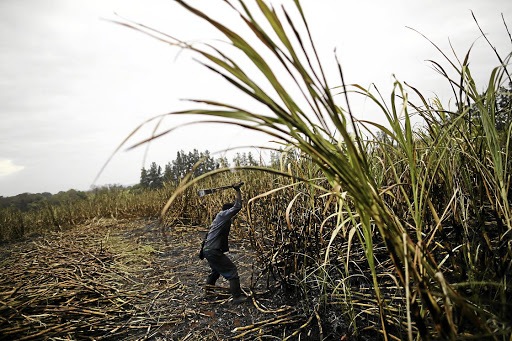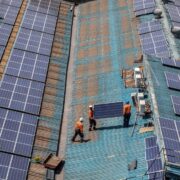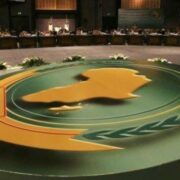All farmers get the same price per tonne for the same quality of sugar, in a complex system supported by levies. All proceeds from sugar and molasses sales are pooled and equitably distributed among growers and millers according to a ratio.
“This is achieved through a carefully balanced system of levies and proceeds redistribution, administered by the SA Sugar Association,” RCL said.
Due to the nonpayment of levies four of the five other millers who produce sugar and farmers have had to pay more than before to keep the complex market system stable. The SA Canegrowers Association warned last week that some farmers would not make a profit this season due to them collectively paying in almost R1bn, putting some out of business.
RCL has asked the Sugar Industry Appeals Tribunal, a body that regulates the industry, to rule on whether the statutory levies can be suspended due to the business rescue process. It believes levies are statutory obligations such as income tax and “cannot be unilaterally suspended” unlike other payments that the business rescue process allows to be put on hold.
RCL said it had approached the tribunal to assist in resolving the dispute through the legislated framework of the sugar industry.
“This action has since been suspended pending the outcome of an urgent high court application by the Tongaat business rescue practitioners that will bring certainty regarding industry obligations and mitigate further harm for the industry,” RCL said.
Tongaat declined to comment on its court action to get clarity on the matter or its nonpayment.
Illovo said “the nonpayment of levies and other industry obligations have negatively affected all the growers and the remaining millers alike”. “Our primary concern is that the continued nonpayment of levies, which are statutory obligations … will cause the likely collapse of the small-scale growers and the commercial growers’ businesses, as well as the businesses of the remaining millers.”
RCL said the nonpayment of redistribution and levy obligations by Tongaat and Gledhow sugar mill in KwaDukuza, which is in business rescue, represented a nearly R1.7bn cost to the remaining millers and growers while many were in a precarious financial position.
The Pongola Canegrowers Association’s Kurt Stock said Tongaat’s nonpayment has left farmers out of pocket and towns, such as Pongola, that rely on the sugar industry, struggling. “Theoretically Tongaat has stolen money from the growers and the industry,” Stock said. Tongaat’s actions amount to “theft” and left farmers with less money to buy fertiliser for the new season and employ labour.
Due to the decline in the cane price, caused by millers and growers having to carry these industry costs, the income of a typical small-scale grower delivering 1,800 tonnes of cane would fall an average R90,296 for the year, RCL said.
The SA Sugar Association (Sasa) governs the partnership between growers and millers and uses the levy to support the industry through cane testing, pest control and marketing.
Sasa also operates the Sugar Terminal, the SA Sugarcane Research Institute and the Shukela Training Centre, and funds the costs of the Sugar Master Plan and small-scale grower initiatives, which the industry has collectively committed to supporting.










Comments